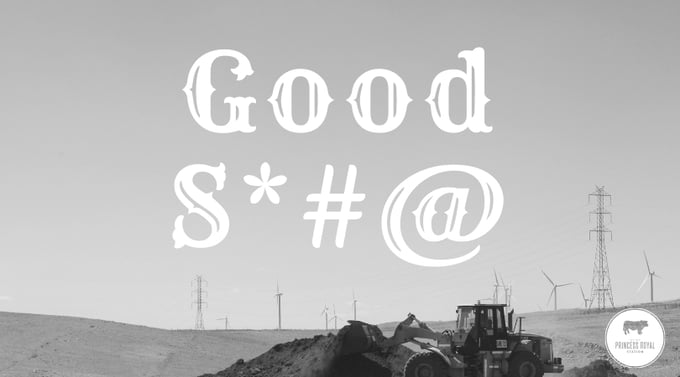
For many years Princess Royal Station has been value-adding the manure produced by our cattle into fertiliser to spread on our cropping land.
Over time this has resulted in a lower reliance on synthesized fertilisers and chemicals and a greater value in the soil.
We have been finding in recent years an increased interest from producers in various industries in sourcing cow manure for their crops, of all varieties.
So, what’s in the poo?
We regularly have this natural resource of ours tested and have found that the kilograms of nitrogen in a 10-tonne sample size, calculated at 15% moisture and 100% nutrient availability, was equivalent to 450kg of urea. In that same sample, the phosphorus content was equivalent to 300kg of DAP and would result in lifted soil Cowell P levels.
Both nitrogen and phosphorus are needed by plants in large amounts but can both cause environmental harm when they are present in excess. So, knowing exactly how much we are spreading is beneficial to us.
Other components found include potassium, sulphur and zinc, all essential plant nutrients.
For some farmers, these nutrients may not be very valuable, depending on what they are doing with their land year in and year out. For example, a producer growing a lot of hay or silage every year would certainly benefit from the potassium in cow manure.
It's certainly best to discuss these nutrients and their values with an agronomist to find out whether spreading cow manure is worthwhile for your operation.
Setting up a manure fertiliser program is a long-term venture and to reap the full reward the correct application rates should first be determined as well as which other fertilisers your land will require.
Spreading manure commences for us just after harvest so that the nutrients from the waste can be absorbed into the soil and the coming crop can reap the full benefits.
If you have any more questions about sourcing manure, please do not hesitate to contact the feedlot via email feedlot@princessroyal.com.au

